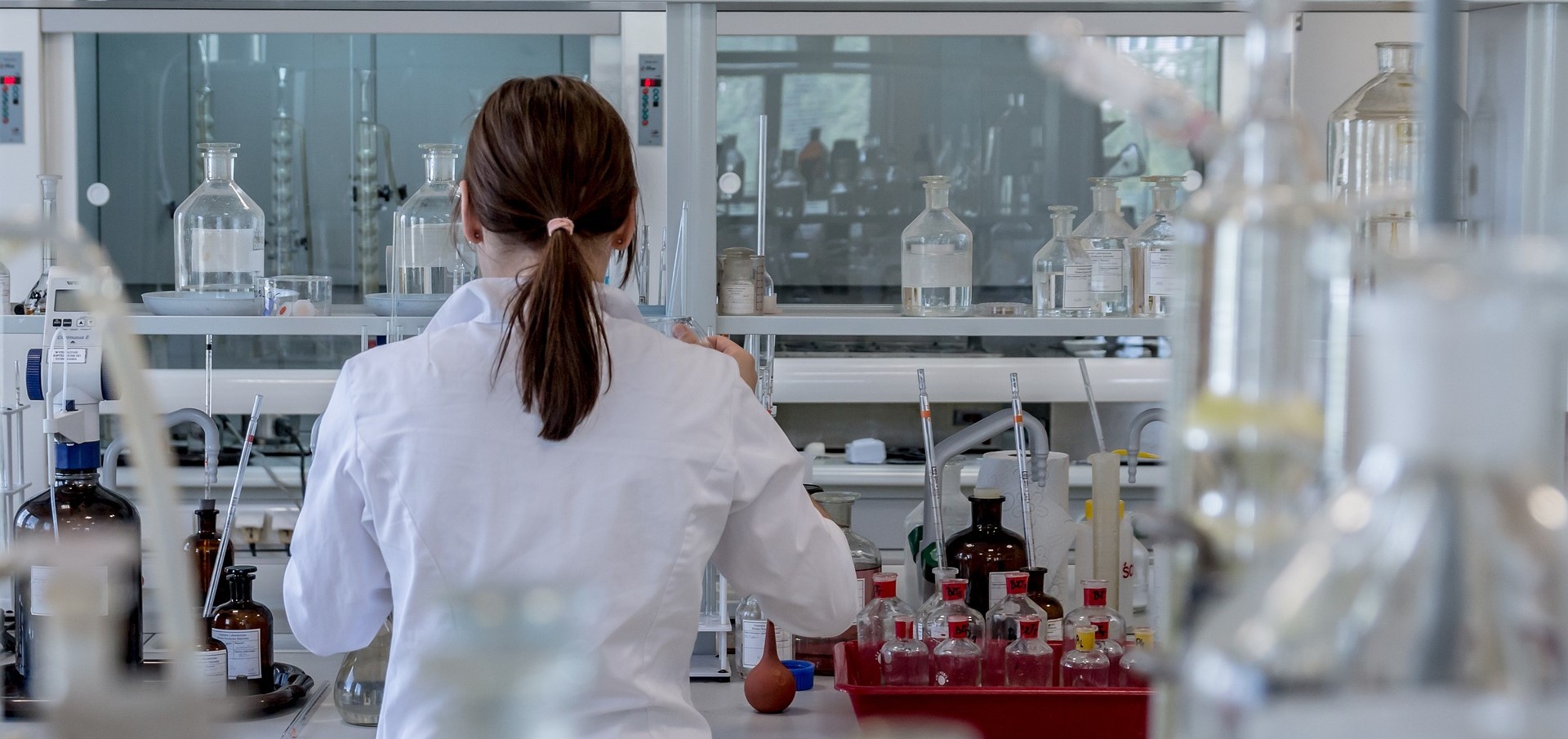MPCD® is a 99% biodegradable molecular disruptor, based on sodium carbonate and sodium metasilicate, with the addition of a naturally extracted emulsifier/catalyst. It reduces hydrocarbons into smaller molecules making them easily attackable and digestible by bacteria living in the soil. Once the action of the microorganisms is over, only an inert residue remains, in an insignificant quantity.
MPCD® promotes the formation of micro-droplets of the contaminant. The micro-drops are subsequently encapsulated and stabilized by the combined action of the metasilicates and carbonates. Inside the microdroplets, MPCD® catalyzes the cracking reaction of the hydrocarbon chains, forming shorter chains that are more easily biodegradable by bacterial populations present in the soil/water. The behaviour of MPCD® is similar to that of exo-enzymes produced by many species of bacteria and fungi which reduce complex organic compounds into simpler and more easily assimilable compounds.
Page5
MPCD® is diluted in water supersaturated with oxygen and then introduced into the soil. The application of the product occurs in the soil compartment, through injection with a high pressure pump into special rods installed underground up to a depth of 4m in the groundwater sector, through the infusion of the product into existing piezometers With this action the contaminant is eliminated without traditional cleanup which would be more invasive, time consuming and expensive.
Multinational oil companies have proven the effectiveness of MPCD by using it to clean up oil spill contamination in the Niger Delta. MPCD’s main advantages compared to traditional methodologies are:
No ground movement
No or limited waste production
No interruption of production activities
Contained construction site
Greater safety for workers
Reduction of execution times (approximately -40%)
Cost reduction (approximately -30%)
